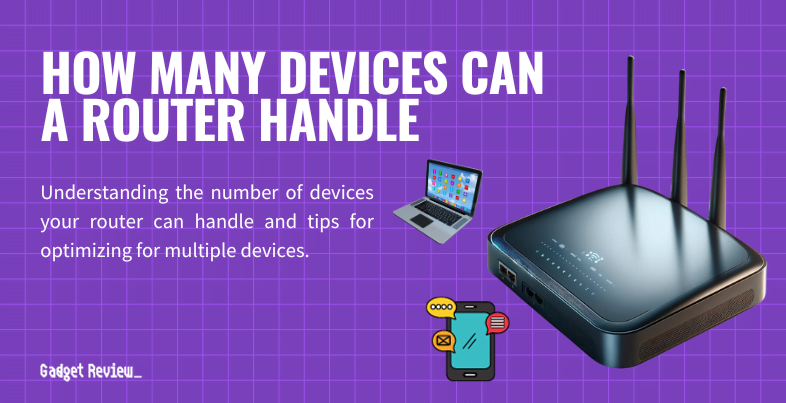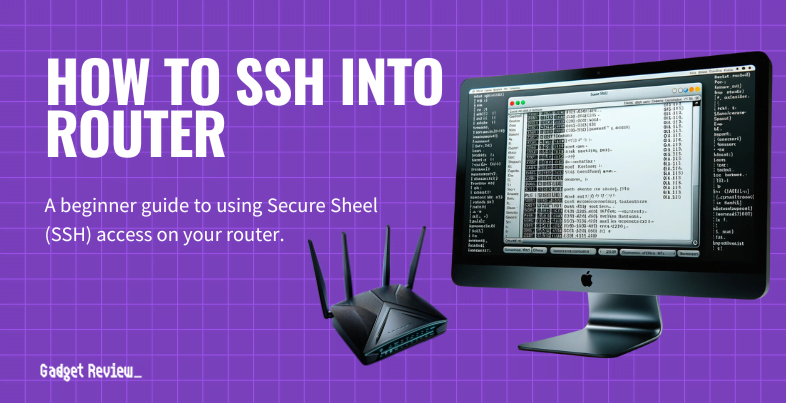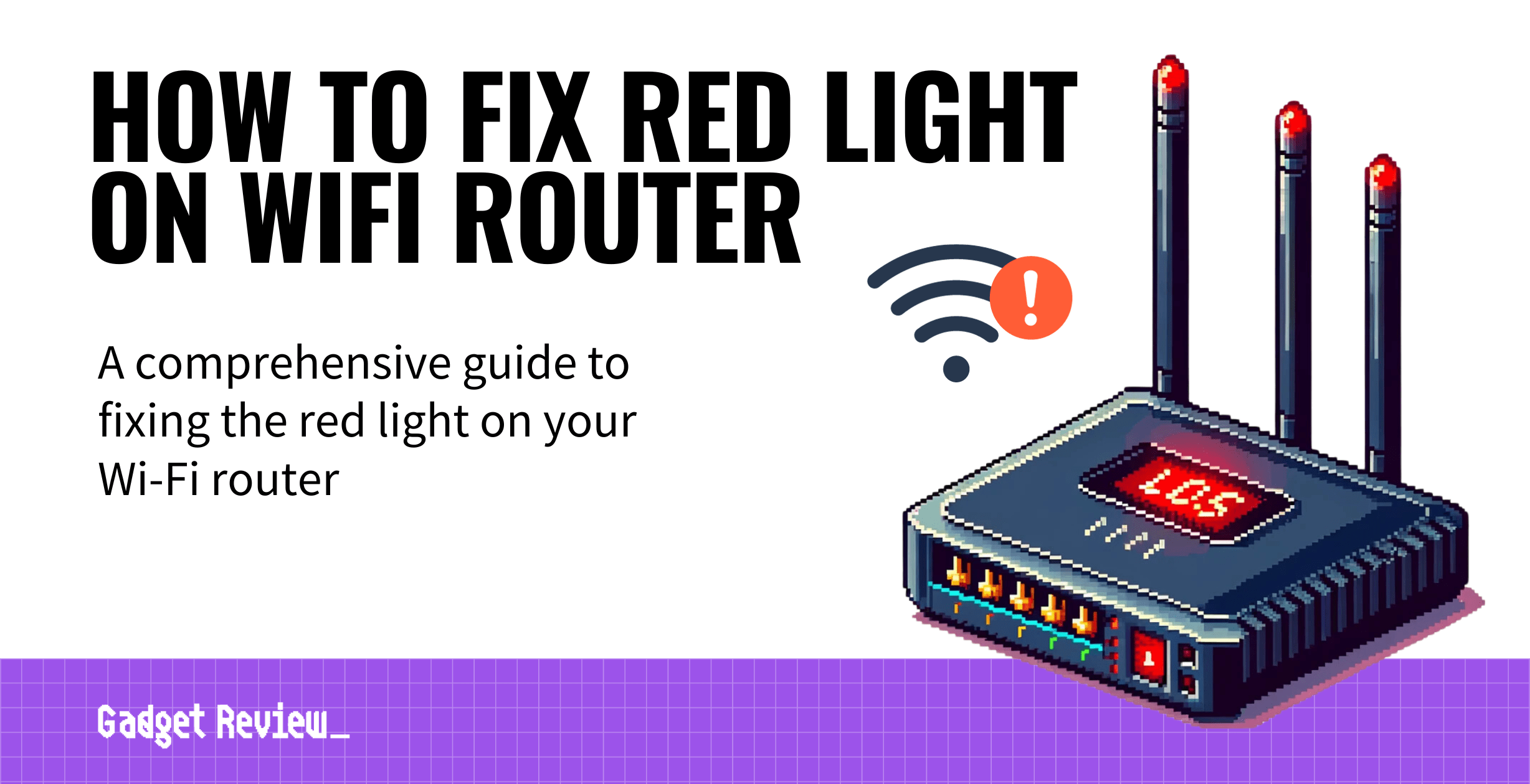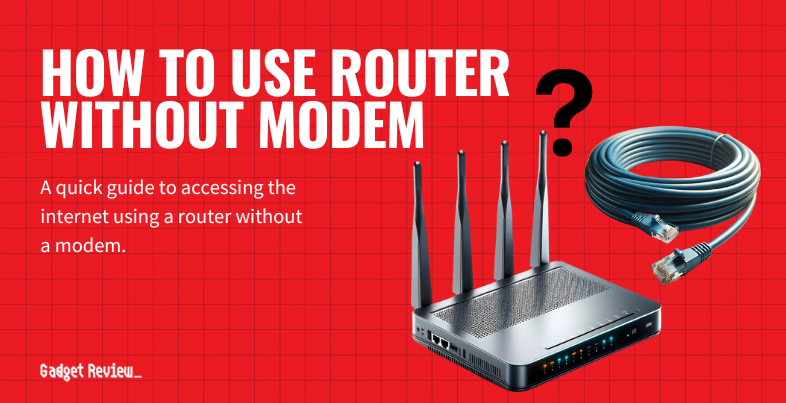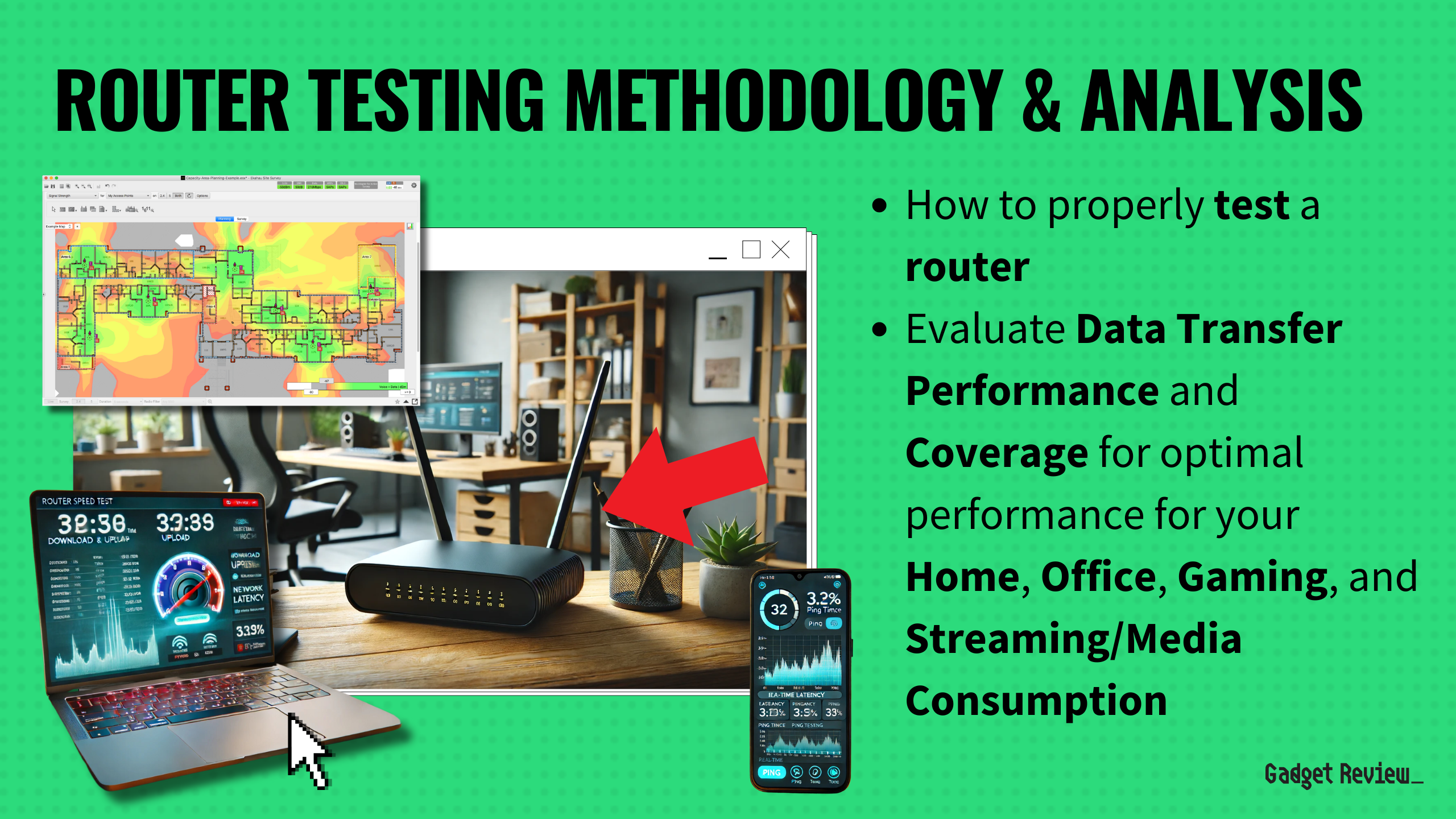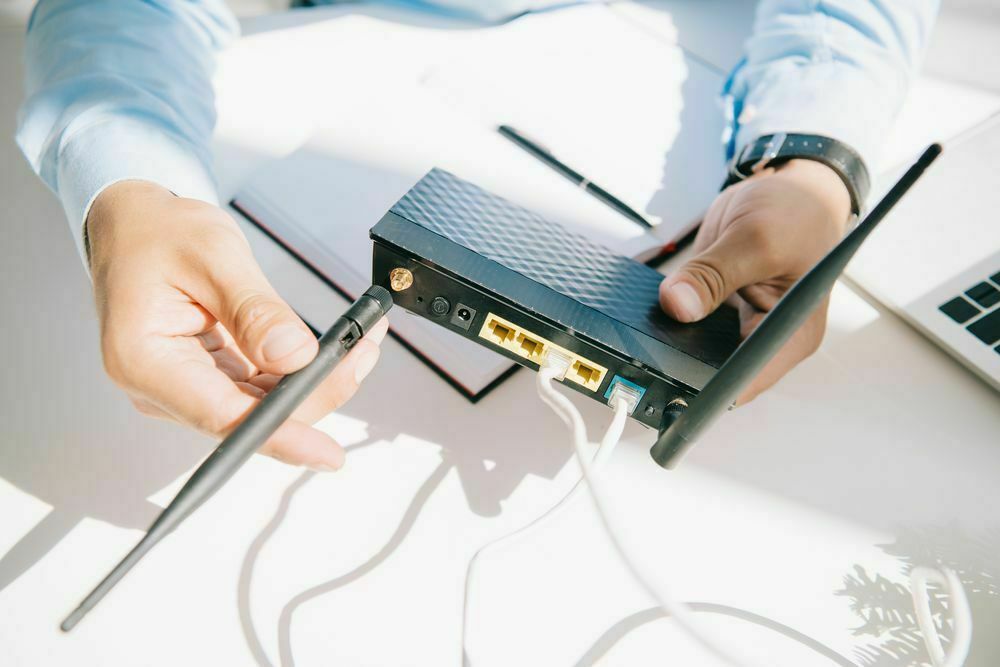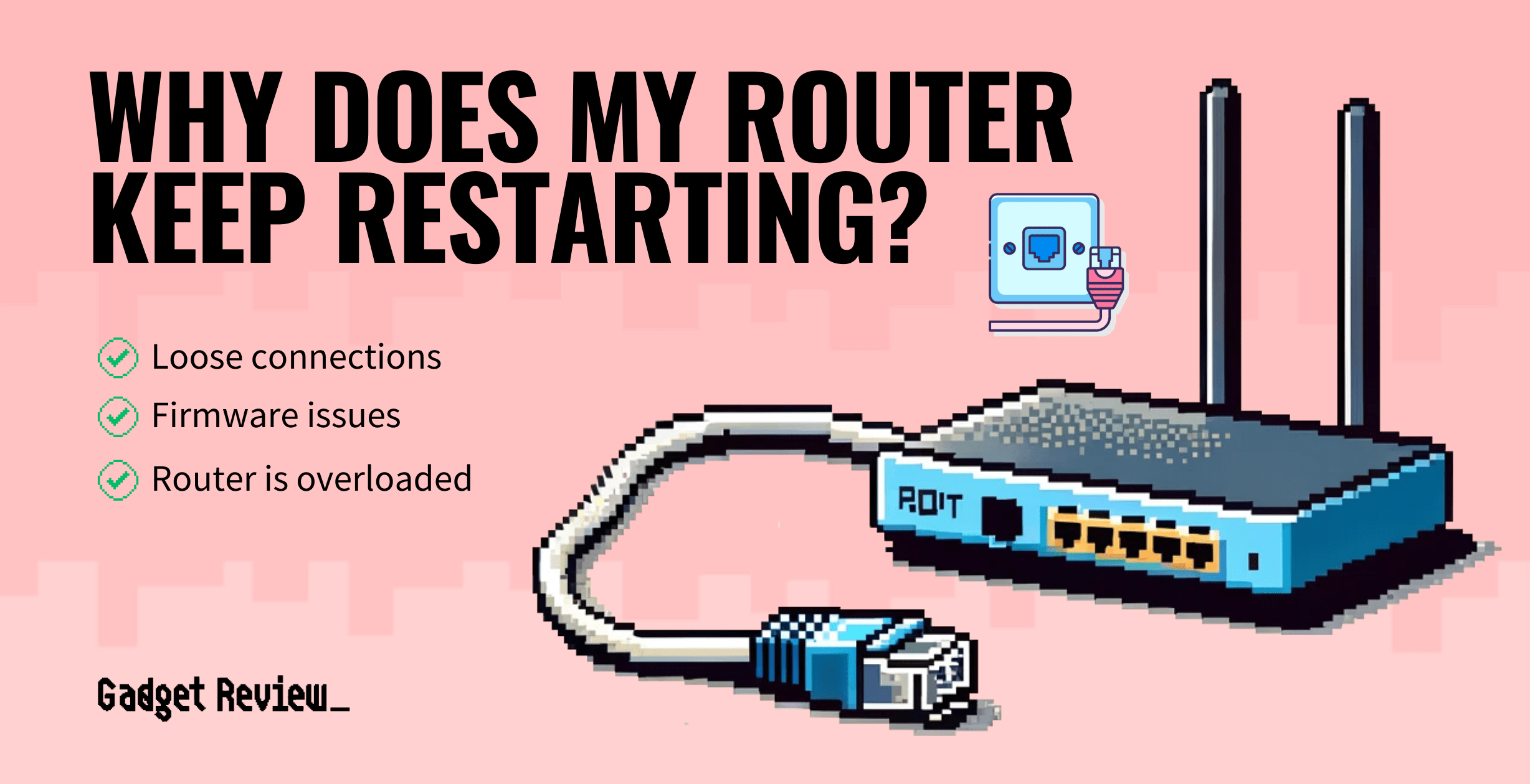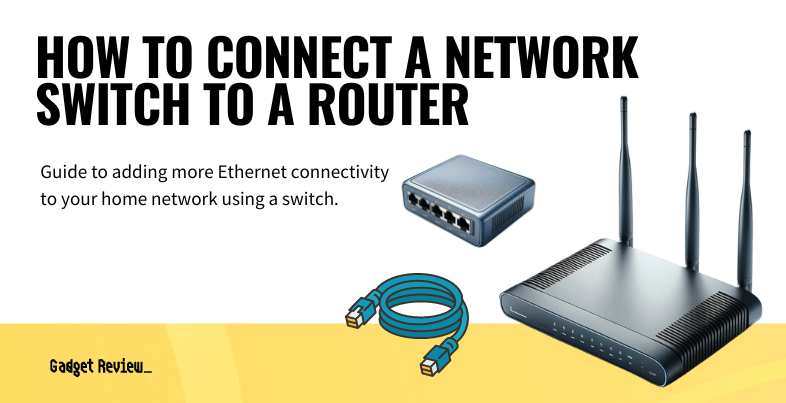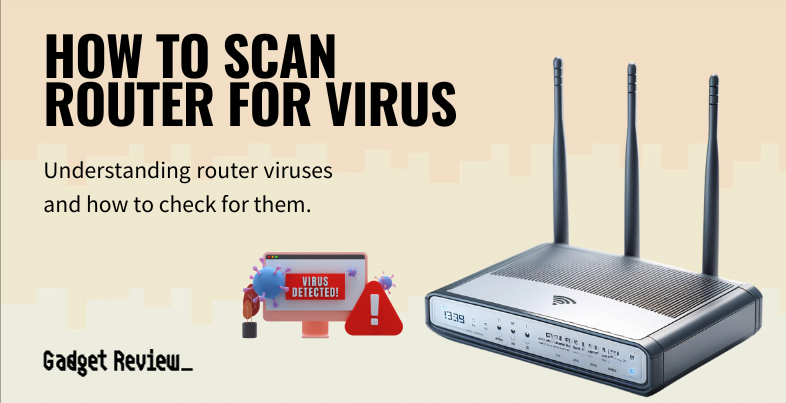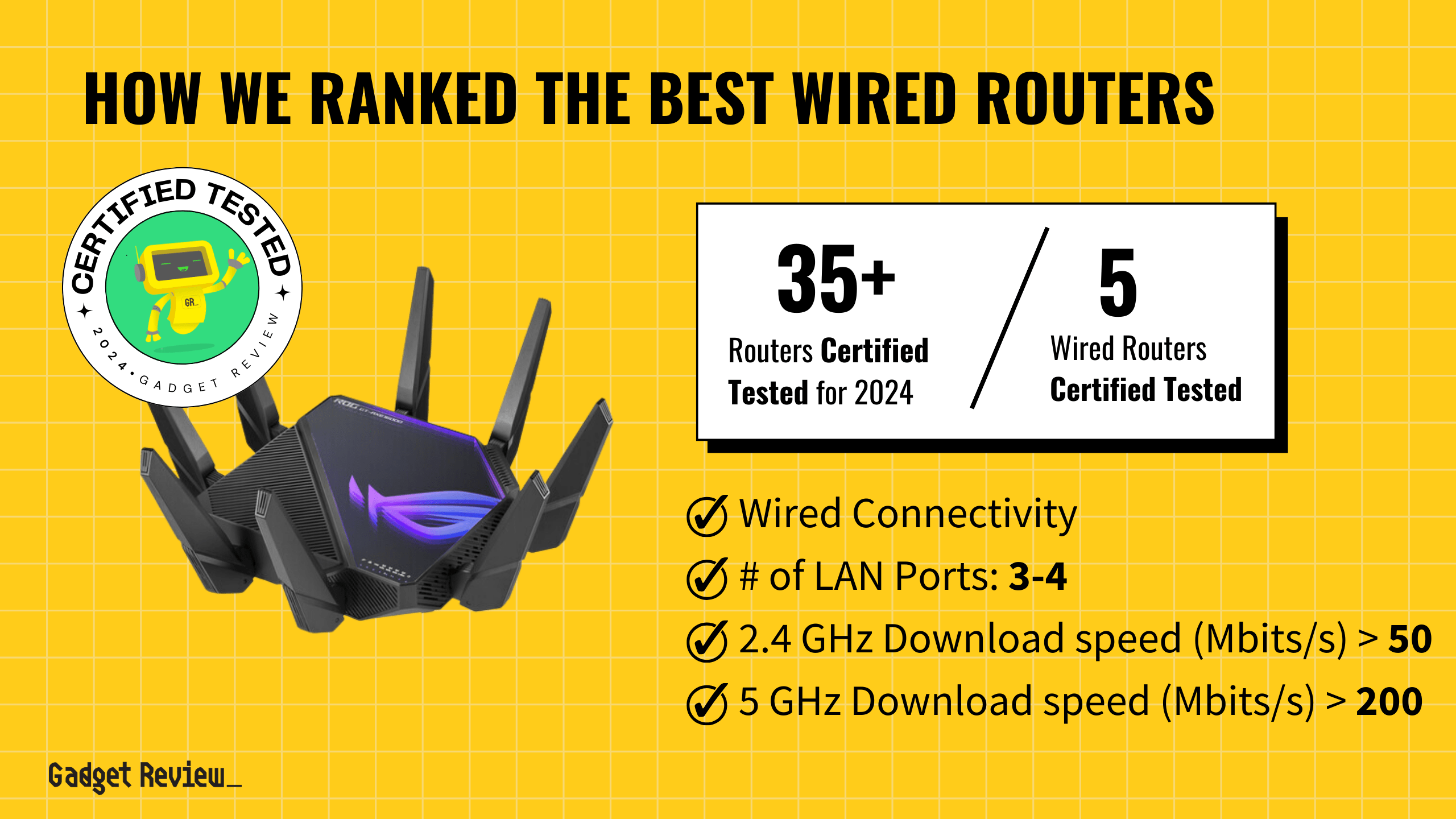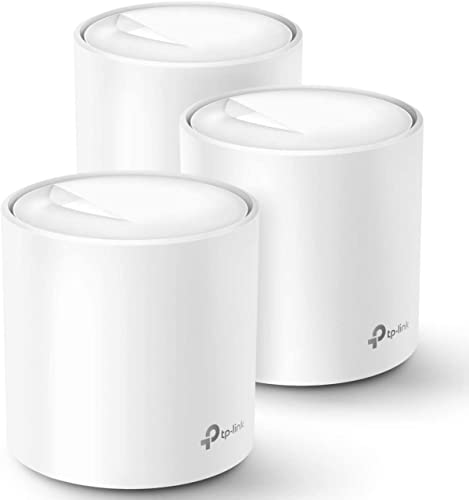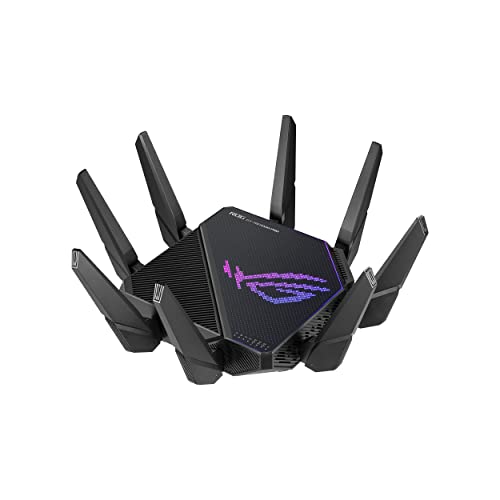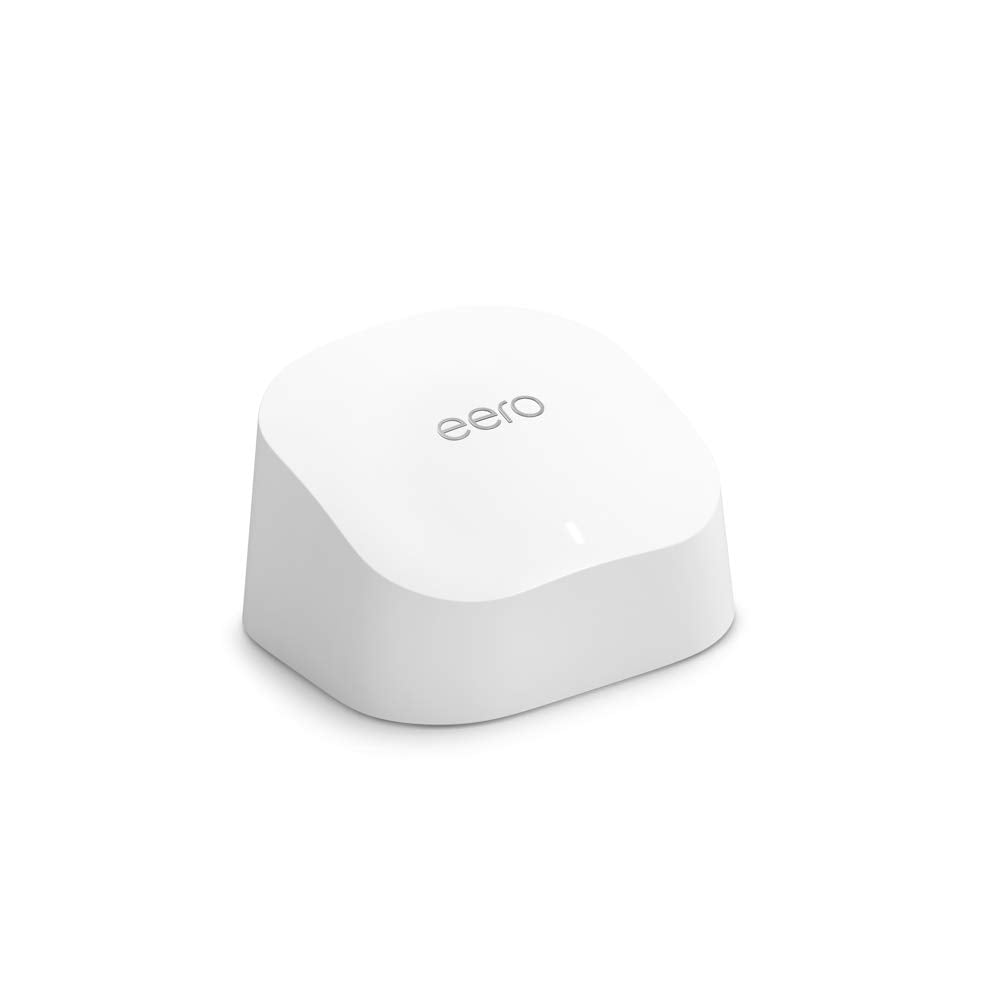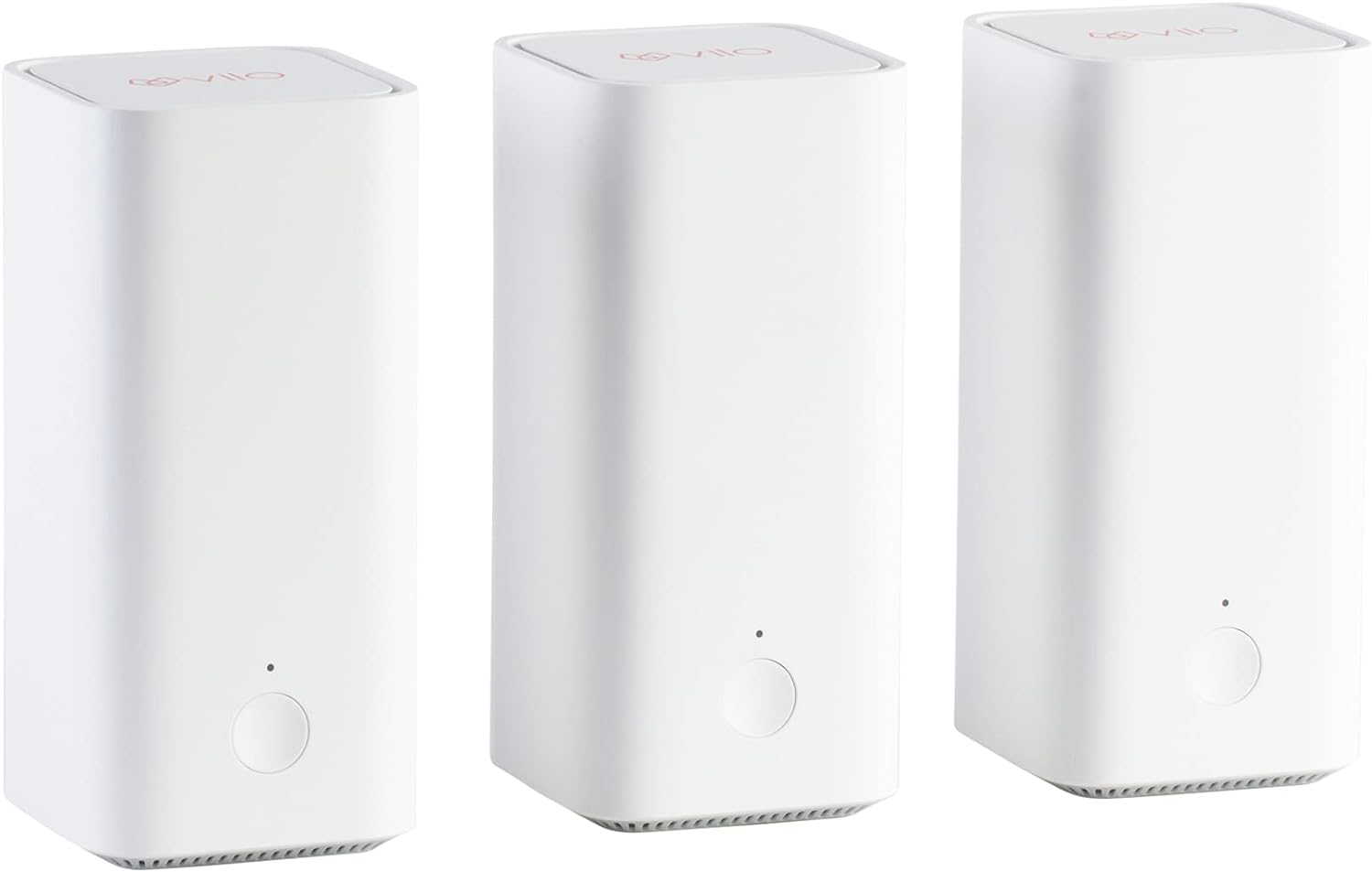In this digital age, countless devices, from smartphones to smart speakers, are constantly connected, so understanding the capacity of your Wi-Fi router is crucial. A router is the heart of your home’s wireless network, managing connections, speeds, and bandwidth for everything from streaming videos to gaming. While the best routers typically have a maximum capacity of 250 devices, the real-world number is usually much smaller. In this article, we will delve into the capabilities of modern routers, offering you insights into optimizing your router for various needs, such as gaming, where performance and speed are critical.
Key Takeaways_
- There is no set number of devices a Wi-Fi router can handle, as it depends more on the level of data being used.
- To ensure your single router operates at peak efficiency and to reduce network load, keep an eye on any devices conducting larger-than-average downloads.
- You should also perform a network assessment to see if there are any unauthorized devices hogging up your networks and slowing down your Internet connection and Internet speed.
Number of Devices a Router Can Handle
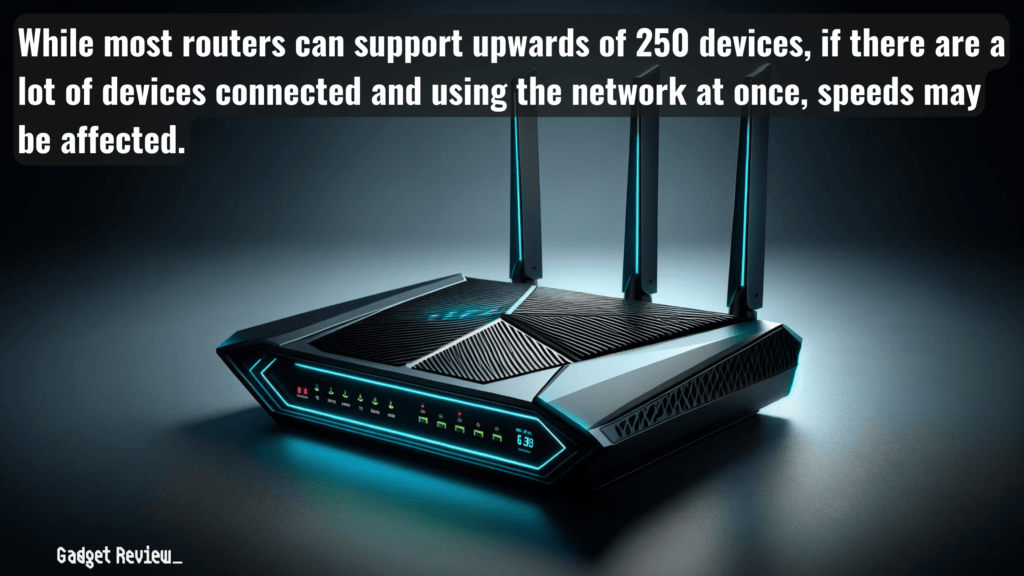
The average capacity of modern routers has significantly increased over the years, thanks to advancements in technology.
Most WiFi routers from brands like NETGEAR can support a substantial number of devices – often around 250. This number includes a mix of devices, from security cameras, smartphones, and laptops to tablets and PCs.
However, it’s important to note that while a router might support numerous connections, the quality of the Wi-Fi connection can be affected as more devices are added.
What Determines a Router’s Device Capacity?
A router’s device capacity depends on several factors, including bandwidth, router technology, and the type of connected devices.
Think of bandwidth like a highway; the more lanes (or bandwidth), the more traffic (devices) it can handle.
Modern routers, especially models like the tri-band WiFi 6 router, are designed to support a high number of simultaneous connections without compromising your internet speeds.
However, this performance can vary based on the network load and the types of devices connected, such as whether they are wired devices or wireless devices.
Real-World Usage vs. Theoretical Limits
A broadband router might theoretically support 250 devices, but in practice, Wi-Fi speed, distance from the router, and signal interference can impact performance.
For gaming, where lightning-fast speeds and strong signals are paramount, the practical limit might be lower to maintain optimal performance.
To better understand your router’s capabilities, conducting a router speed test can be beneficial. This test can help you gauge the actual speeds and performance of your router under various conditions.
STAT: The average UK and US household has around ten smart devices, but this number is increasing rapidly with every year. (source)
Thankfully, even the most gadget-filled homes can usually be supported just fine with a standard home router.
How to Optimize Your Router for Multiple Devices
Optimizing your router for multiple devices involves several steps.
1 Ensure your router’s firmware is up-to-date for peak performance and security.
2 Utilize features like Quality of Service (QoS) to prioritize gaming systems or streaming video. To learn more, check out our guide on how to setup a router for gaming.
3 For homes with extensive coverage needs, consider a mesh Wi-Fi system. These systems use multiple wireless access points to create a single, large Wi-Fi network.
4 Additionally, using Ethernet cables for gaming consoles can provide a more stable and faster connection than a wireless connection.
Potential Issues with Too Many Connected Devices
The most common issue with overloading your router with too many connected devices is reduced internet speeds and connectivity problems.
This is especially true for activities that require higher bandwidth, such as streaming high-definition videos or multiplayer gaming.
To help with this, make sure you monitor your network load and disconnect inactive or less important devices. We have a great guide on how to remove devices from your wifi router you can check out.
insider tip
It never hurts to remove any unused devices from your network, such as old laptops and out-of-date smartphones.
Also, upgrading to a router with a higher capacity, like a mesh network router, can help manage the load more efficiently. Be sure to check out this comparison of a mesh network vs a router to learn more.
Choosing the Right Router for Your Needs
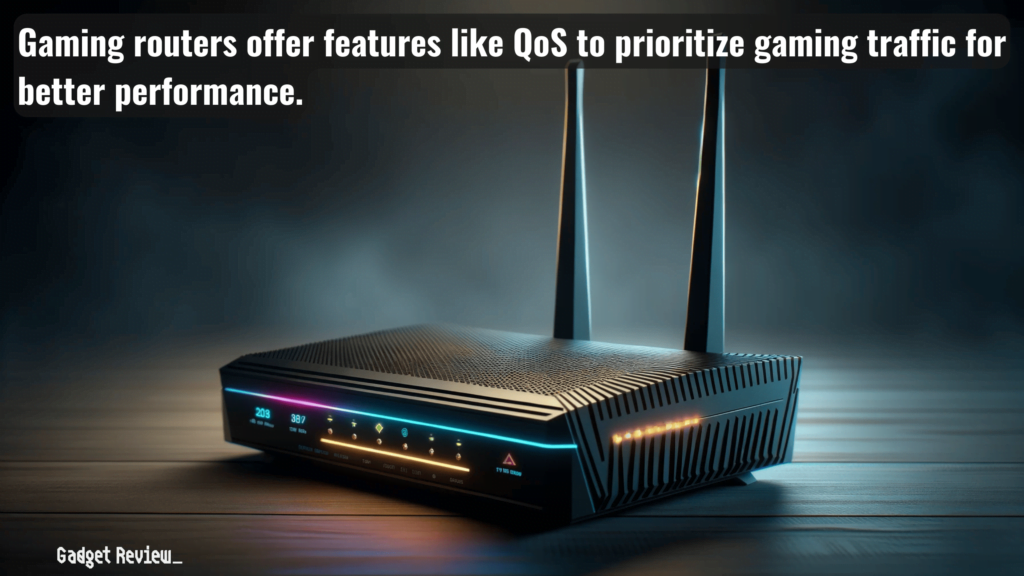
Selecting the right router is key to ensure the handling of the number of devices in your household effectively.
For gaming, a router with high speeds and low latency is ideal. Look for routers with features like Wi-Fi 6 or Wi-Fi 6E, which offers improved speeds and connectivity for multiple devices.
Brands like NETGEAR offer a variety of routers that cater to different needs, from basic internet browsing to high-end gaming. You can check out our page on what gaming routers do if you wish to see how they compare to standard routers.
Consider the router range as well, especially if you have a larger home.
In conclusion, the number of devices a router can handle varies based on several factors, including the type of router, network environment, and the specific needs of the user.
By understanding these factors and choosing the right router, you can help ensure that you have a stable and fast Wi-Fi network for all your devices, whether for work, entertainment, or gaming.
Remember, a well-optimized router leads to a seamless online experience, keeping all your devices connected and performing at their best.


